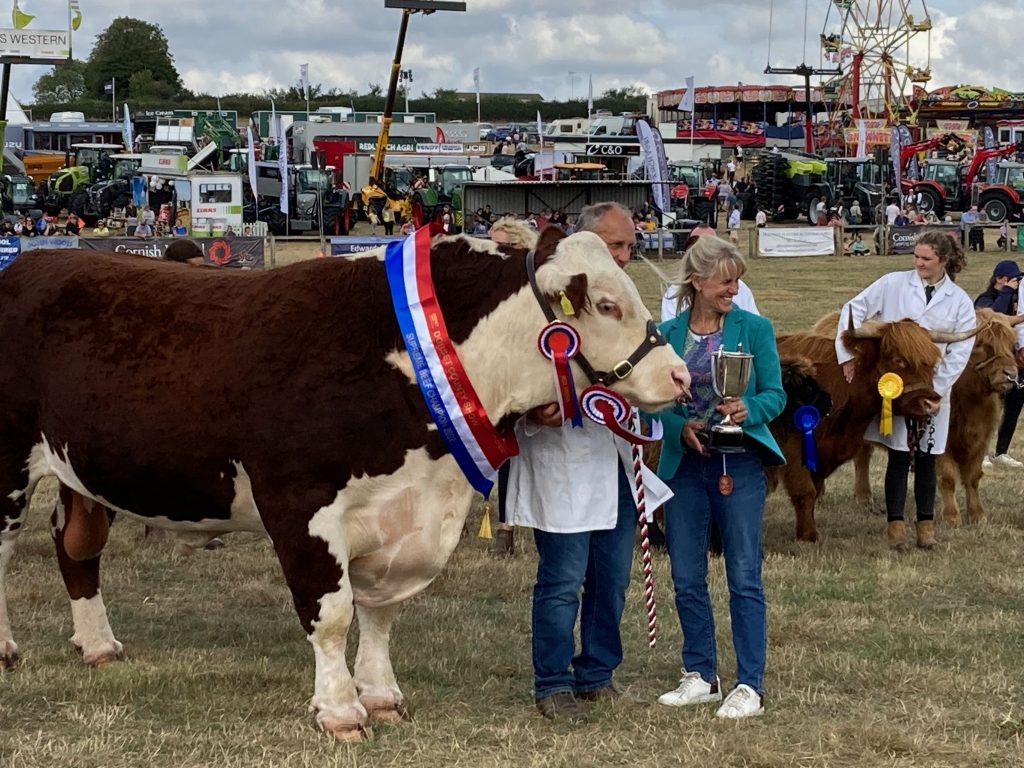
NFU president Minette Batters joined us as guest of honour at the Dorset County show on the first weekend in September, the show drew in a great crowd, including many farmers who called in at the NFU stand to meet and quiz Minette on a multitude of topics. After presenting prizes at the Grand Parade in the afternoon, she hosted a Q&A with around 100 farmers. Many questions came forward covering a range of subjects from the fertiliser industry to the TB cull, and from Red Tractor to the Environment agency – in particular their (mis)handling of the Poole Harbour nutrient situation. Feelings run high on this subject in the large part of southern Dorset which drains into the harbour. The issue of untreated sewage that is discharged into rivers by water companies is particularly irksome for farmers, who are being asked to amend their farming systems in order to reduce the overall level of nutrients entering the water. It turns out that only 2 of the 21 sewage treatment plants in the Poole harbour catchment have any kind of monitoring of nutrient outflow. It is not difficult to imagine that the lack of investment in sewage treatment, and the high levels of shareholder rewards by water companies since privatisation, are in some way related.
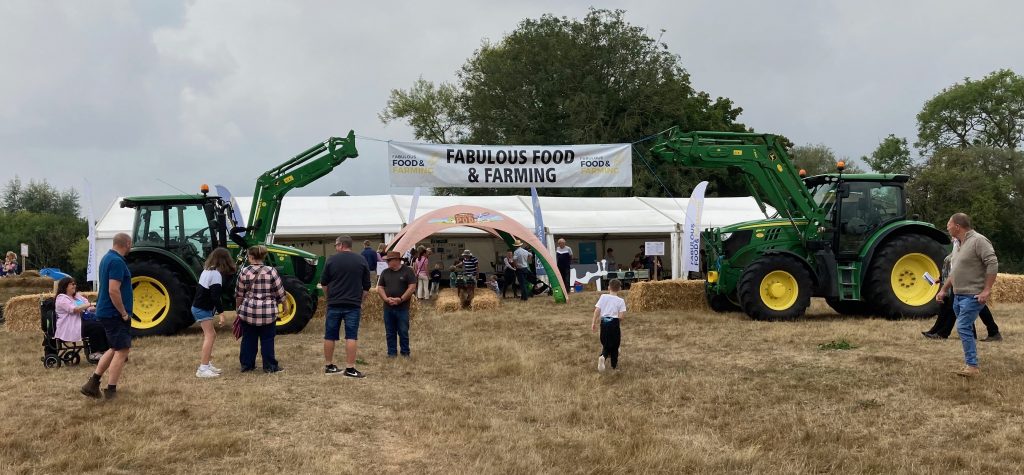
The show drew in many thousands of visitors with all the usual attractions, including the traditional animal lines which are always popular, a busy schedule in the main ring, the huge and busy Dorset food halls, and all the local ag businesses were there competing for best stand, and customers of course. There was a large area dedicated to the Horticulture, Homecraft and Countryside sections, as well as the Fabulous Food and Farming area which aims to narrow the gap between farming and food, using static displays, promoting educational farm visits in the county, and the County Show’s fund which pays for transport to enable school groups to visit farms. There were also attractions from Friars Moor vets where you could assist the birth of a calf, or apply a rubber ring to a (fake) tail; Wessex water where you could flood fields with their catchment model and get your hands dirty with soil texturing lessons; Pearce seeds; Dorset waste partnership; the Mobile Farm Moovie Theatre, and a craft table where children of all ages could enjoy farming related activities. The main crowd pleaser was the tractor racing attraction, prominent under the NFU Pod, which was a great draw into the area. The Martin family and friends created and ran this for much of the time, with a great deal of noise and enthusiasm.
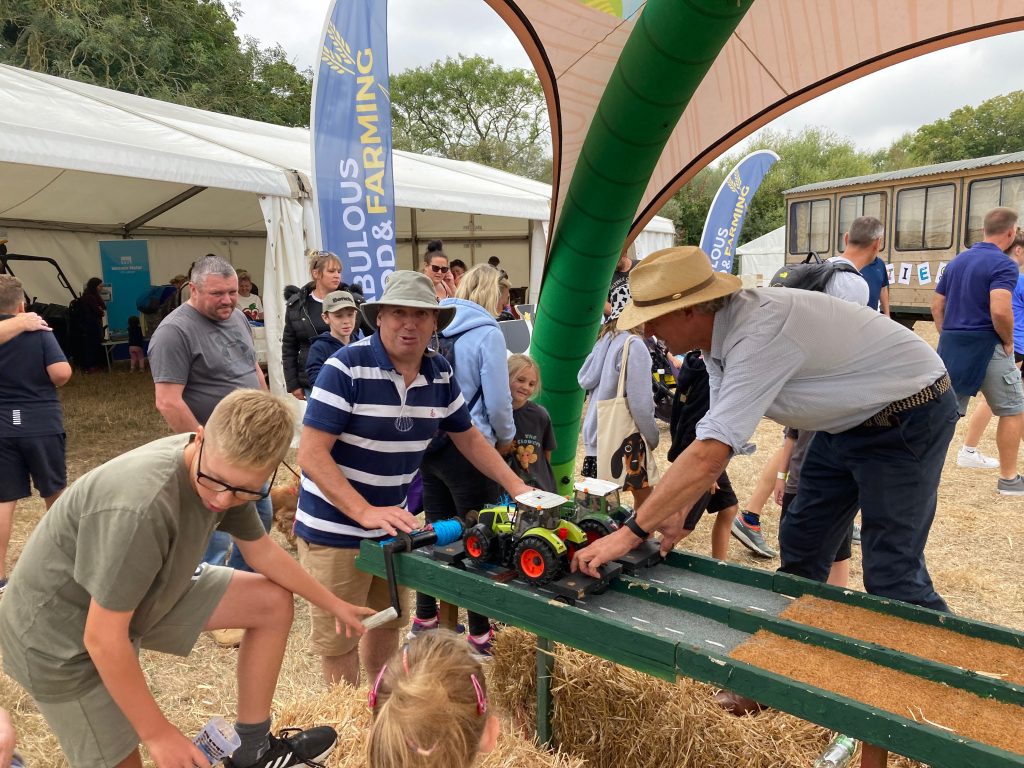
The week following the show finally presented us with some proper rain, and we were able to start sowing cover crops and rapeseed, 3 weeks later than we would have liked. The undisturbed soils where we direct drilled into stubble were so dry that 3 inches of rain over 3 or 4 days was easily absorbed, the drill driver barely drew breath and kept going throughout. Most is now emerging from the formerly brown and tinder-dry landscape, and grass has very quickly turned green again, though with a sudden downturn in temperature this week one wonders how much growth we will get this autumn.
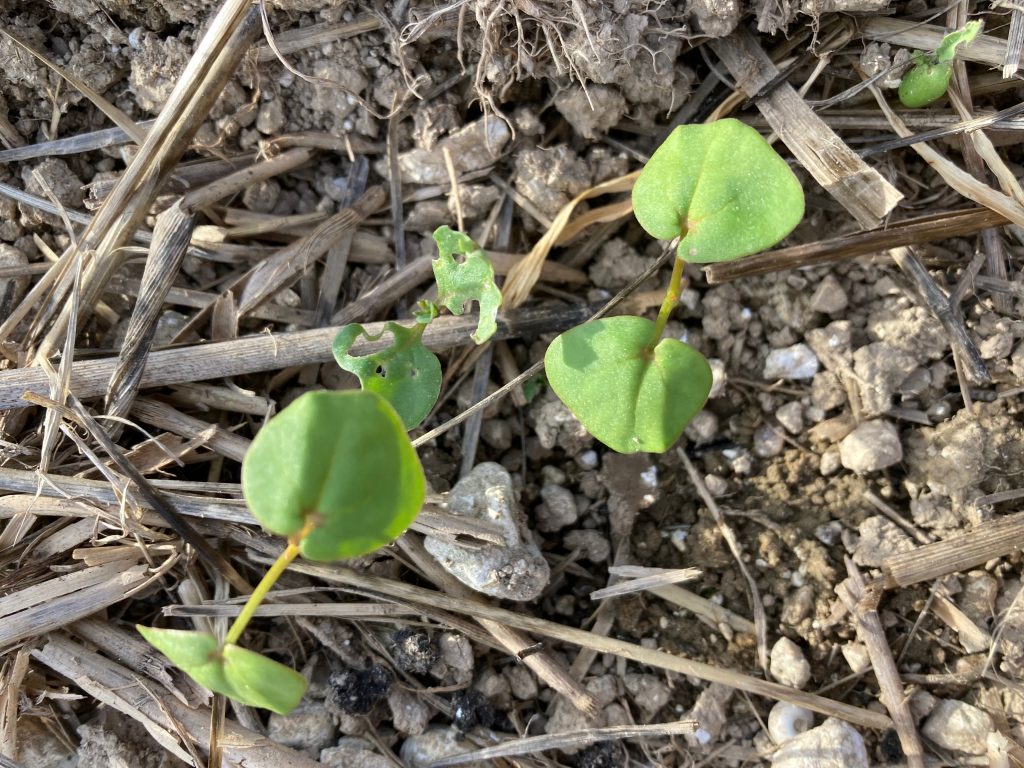
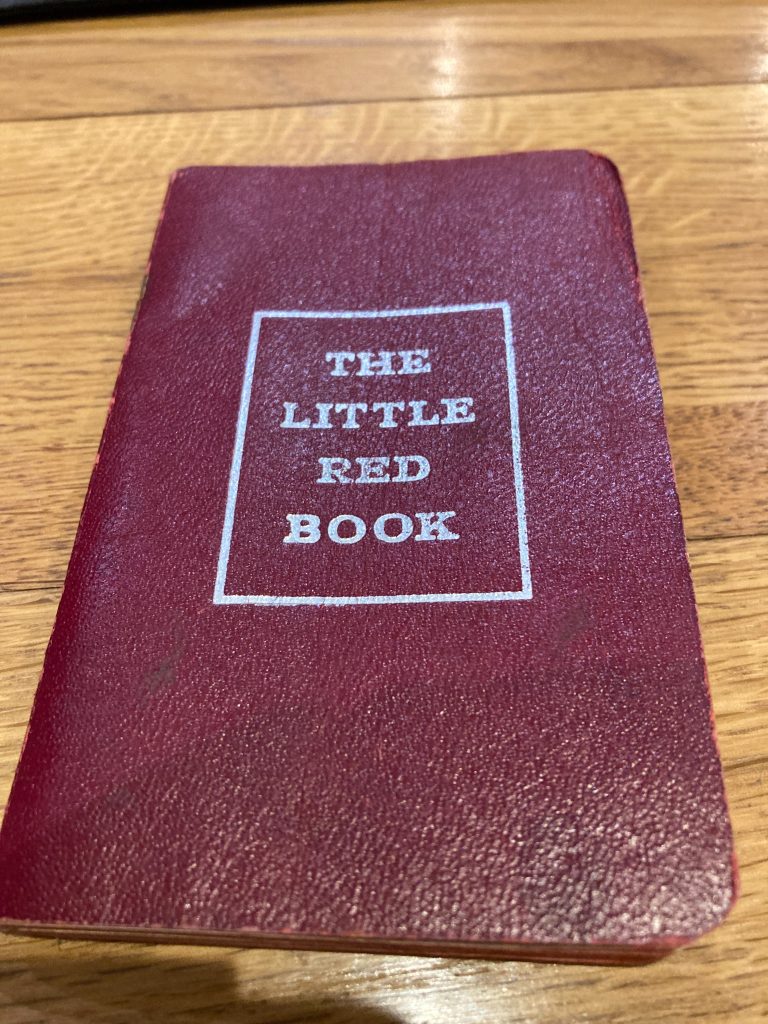
A friend was recently going through some gems she had put by from the clearance of her Grandfather’s farm some years ago, and she came across the 1934 edition of The Little Red Book, not the Chinese version of the 60s and 70s which carried the wit and wisdom of Chairman Mao, but the one that it was clearly based on, published annually as a diary by Cooper, McDougall and Robertson – ‘By appointment to HM The King’ (animal health products). This copy, published the year after my father was born, is packed with adverts for such delights as Kur-mange for dogs, horses and cattle, Katakilla for exterminating greenfly, and Arsenicol, for foot-rot in sheep, not to mention a whole range of dipping powders and liquids for every possible sheep, cattle, dog, poultry and horticultural ailment. Sadly there was no requirement to mention active ingredients in those days, but I suspect a healthy dose of DDT, organophophate or arsenic in each and every one. I hope we have moved on since then, though it is amazing how many people born in that era seem to have survived.
There is even a page on dimensions of hayricks. Also a whole page on postage rates of the day, for a simple letter, with no class discrimination, a stamp cost 1 ½ d. Telegrams were 12 words for a shilling.
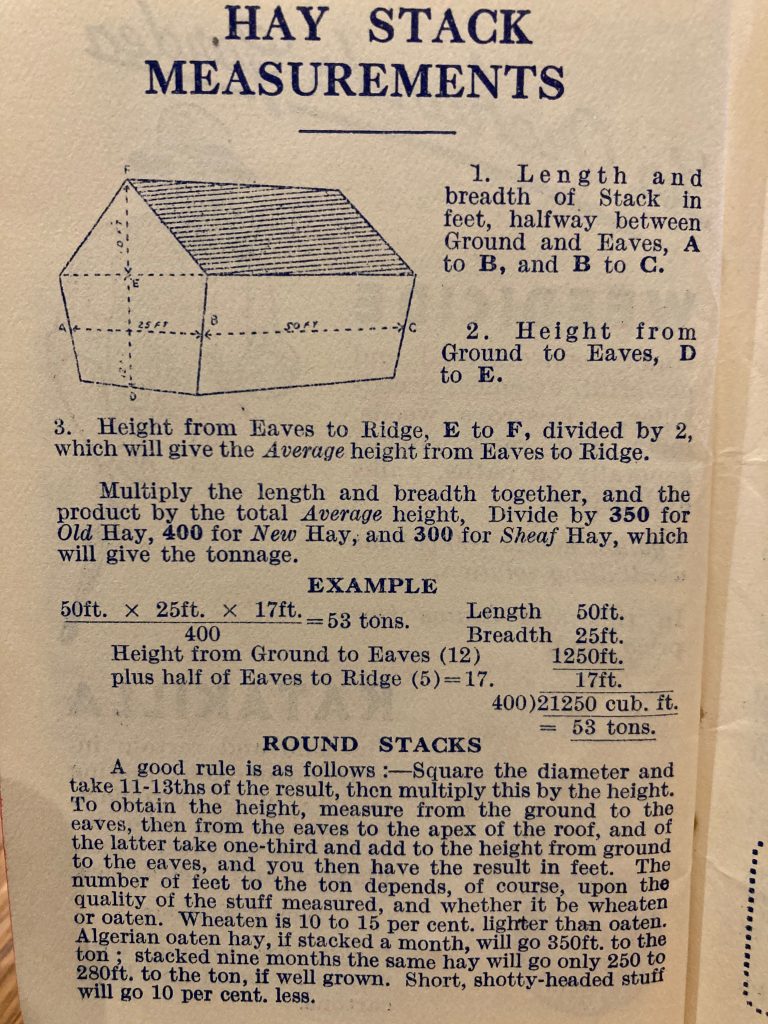
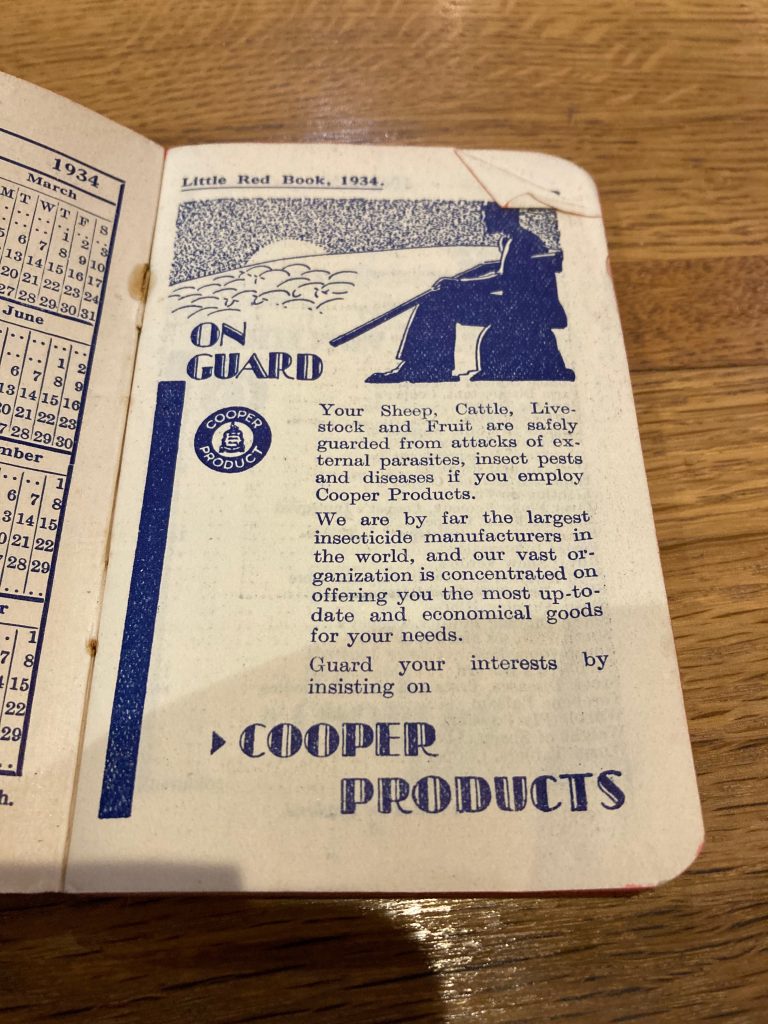
The political world has hotted up a bit since I wrote the first half of this, and unfortunately agriculture somehow got caught in the crossfire. Whatever you think of the new government’s plan for livening up the economy, there can’t be many who would think the recent consequences are a good thing. Borrowing money simply to give it to the already better off doesn’t look good for a start. The huge amount of money needing to be borrowed spooked the markets and drove up the cost of borrowing said money, which will have to be paid back by younger generations in the future, who right now can’t afford to buy a house and couldn’t get a mortgage even if they wanted one.
Agriculture got caught up when a former DEFRA minster seemingly with a score to settle, allegedly leaked information to a Guardian journalist who has a reputation for stirring up trouble, and it ended up in an article which suggested that the new government was considering dropping the ELMS (environmental land management scheme). The story was based on a complete fabrication, but still resulted in the NFU and various NGOs getting dragged unwittingly into completely pointless arguments.
There is a plan to review the progress of ELMS, largely in the light of the recent EFRA (environment, food and rural affairs select committee) hearings on the progress of the scheme. However the NFU line has not changed, they have always supported the ‘public money for public goods’ policy but they also support the idea of a delay as the scheme is clearly not yet fit for purpose or ready to roll out. They hope this review will work in partnership with farmers to develop a better framework that enables farmers to both produce food for the nation and protect the environment.
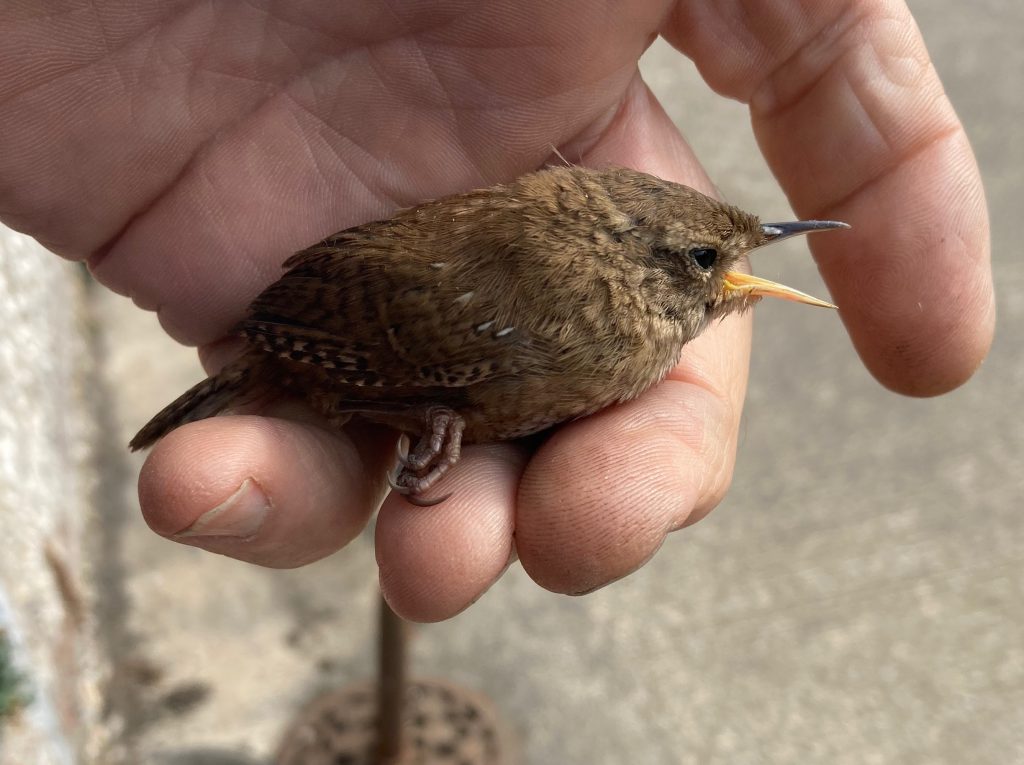
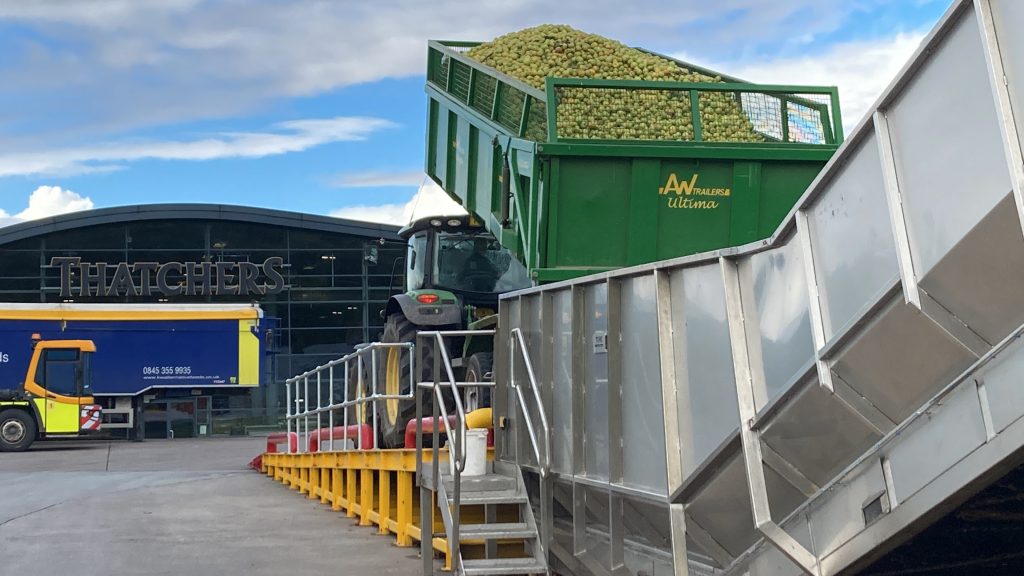
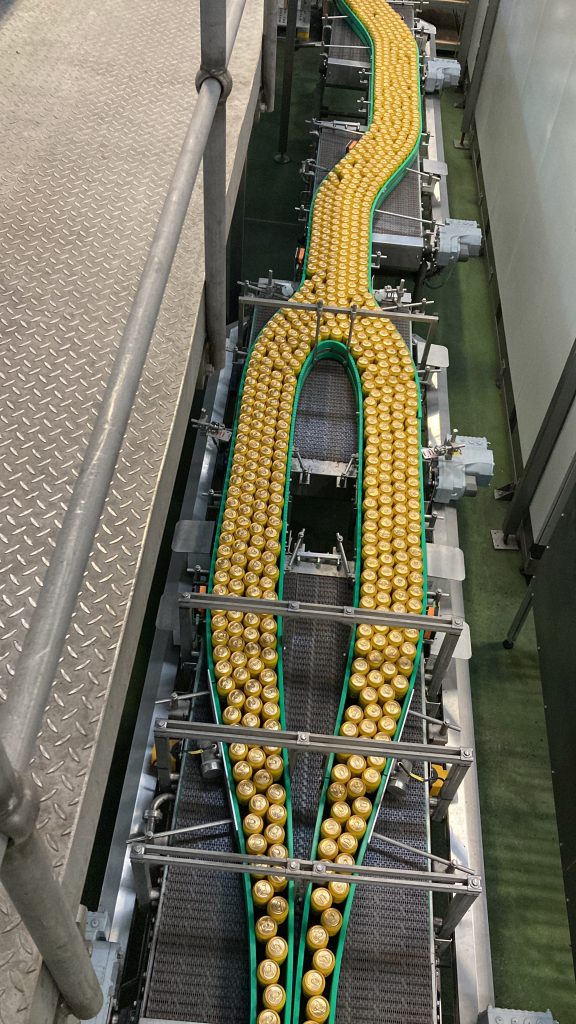
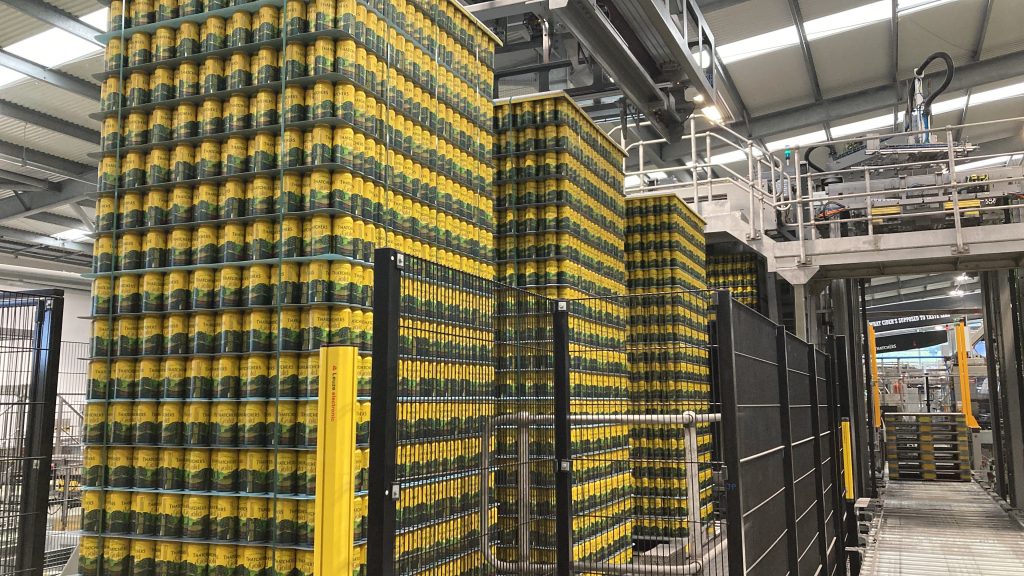
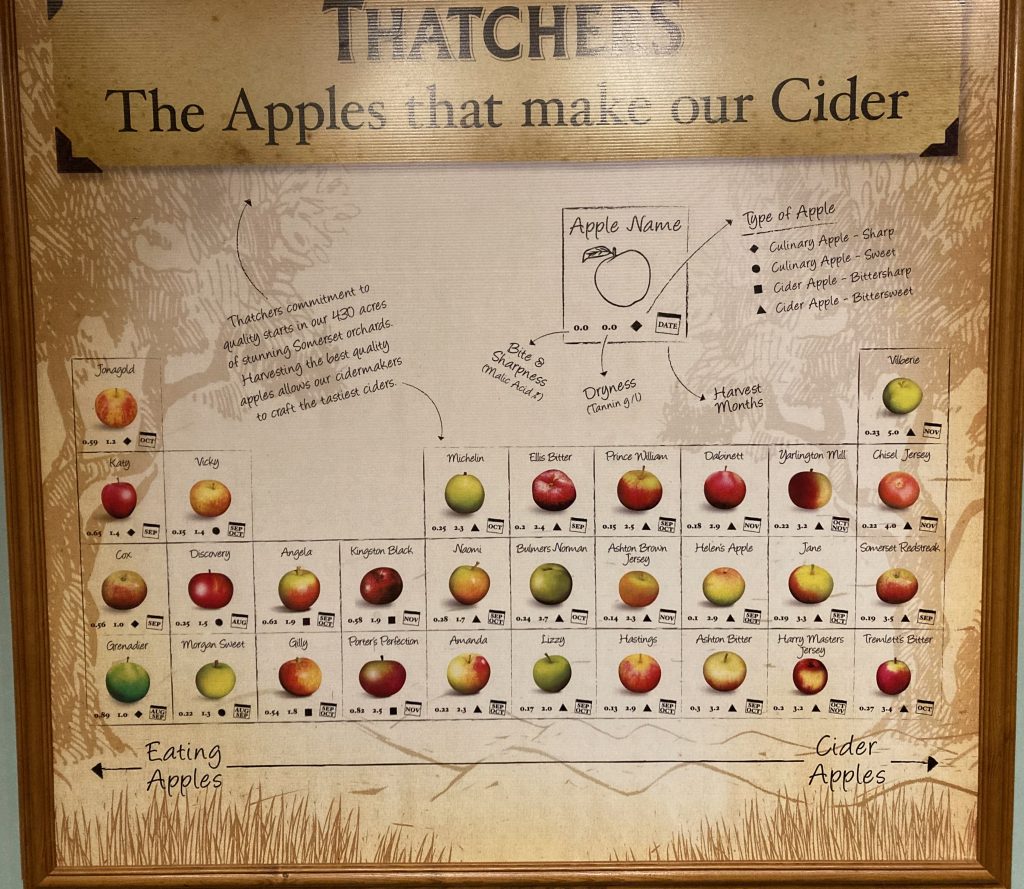
10 years ago on the hill – featuring summer floods, a terrible harvest, and a 90 acre field of red which should have been white.

George
How do you do it? Each month so fresh and full of vitality….Keep it coming
Glass is up there with cats for bird killing…. one estimate for more than a million birds a year killed on New York skyscrapers ( no Google allowed to check this)
Best
Martin
I really enjoy view fromthehill. George, thank you for making the effort to write it for us to enjoy
I remember the poppy field from 10 years ago, does that make me sad?
I am afraid to say that the rape seedling looks terminal.
George,
As always your piece read with enthusiasm as my own industry very much mirrors and is hugely influenced by yours.
Delighted to see the piece on your visit to Thatchers but somehow missed my invite 😂
We have 12 of the apple types listed on the Thatchers poster growing in our Orchard and the descriptions on the poster remain remarkably accurate.
Possibly the people who survived the era of Coopers products in the Little Red Book had previously discovered the delight of Cider